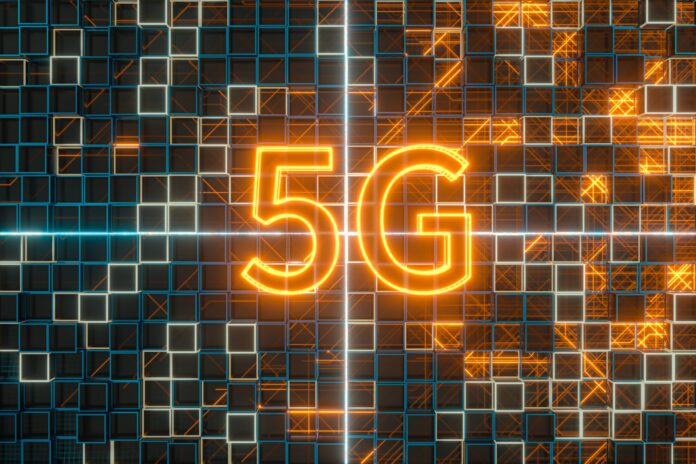Communications Minister Fahmi Fadzil said that 5G technology currently covers 80.2% of the country’s population
The adoption rate of 5G services in Malaysia has reached 36% as of mid-April, up from an adoption rate of 12-15% in November, according to local press reports.
Communications Minister Fahmi Fadzil also said that 5G technology currently covers 80.2% of the country’s population.
“In just five to six months, we have successfully increased the rate from about 15% to almost 36% now. It is clear that many are reaping the benefits, particularly through the 5G packages available,” the minister said.
To increase 5G adoption among the youth, Fahmi said it has asked the Malaysian Communications and Multimedia Commission (MCMC) to hold discussions with local operators to provide 5G packages for undergraduates.
Fahmi also said the Malaysian government is expected to unveil the second 5G network in the short term, which, according to the official, can bring significant improvement in both service coverage and adoption rates.
The government of Malaysia recently announced the new board members of state-run 5G network Digital Nasional Berhad (DNB).The appointments were announced following the signing of the share subscription agreement (SSA) by five local carriers to acquire a 70% stake in DNB network late last year.
According to Malaysia’s digital minister Gobind Singh Deo, these appointments pave the way for the implementation of a dual 5G network scheme in the Asian country.
DNB was set up by the Malaysian government in 2021 as a special purpose vehicle to develop the country’s 5G network infrastructure, which private telecommunications firms would use to offer 5G services to their customers. DNB’s 5G network was deployed by Ericsson.
In May 2023, the Malaysian government announced it will enable the deployment of a second 5G network in 2024, adding that a new entity will be created to manage Malaysia’s second 5G network. At the time, the country’s communications minister Fahmi Fadzil said the decision to allow a second 5G network in the country was made with the aim of avoiding a single point of failure and to establish redundancy for 5G services.
The Malaysian authorities had said that the country would shift to a dual 5G network once DNB achieved 80% coverage in populated areas, something that occurred in December 2023. That month, Malaysia’s five major mobile operators signed share subscription agreements to acquire a collective 70% equity stake in DNB.
Under the terms of the agreement, local carriers CelcomDigi, Maxis, U Mobile, Telekom Malaysia and YTL Power International agreed to each buy a 14% stake in DNB, with an investment of about $50 million each. Those share subscriptions are expected to be completed between February and April 2024 after due diligence requirements are met, according to the Malaysian government.
The Malaysian government had previously said that it will retain a “golden” share in DNB, as well as the remaining 30% stake. The government also confirmed that it will hold no stake in the second 5G network.

